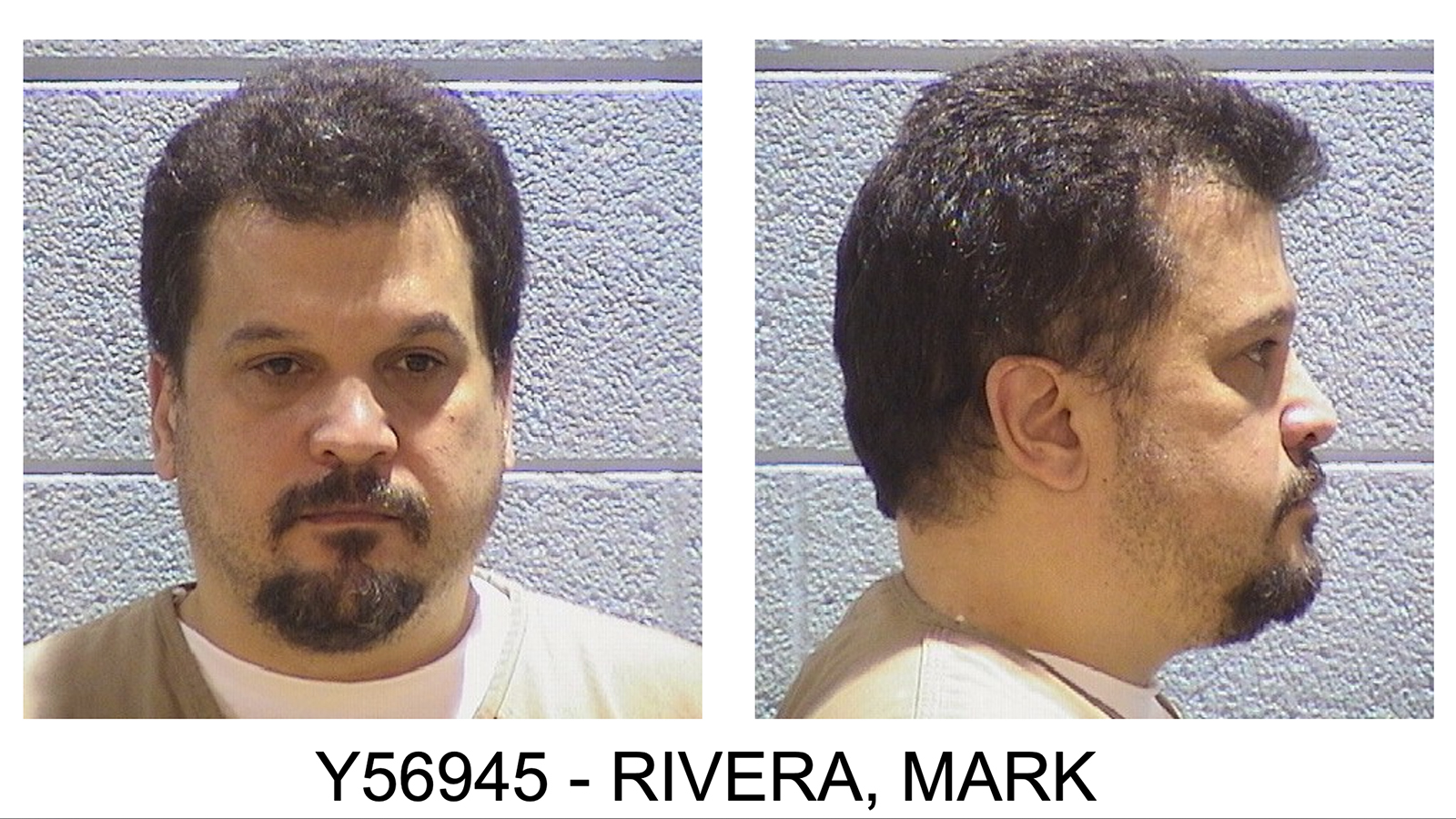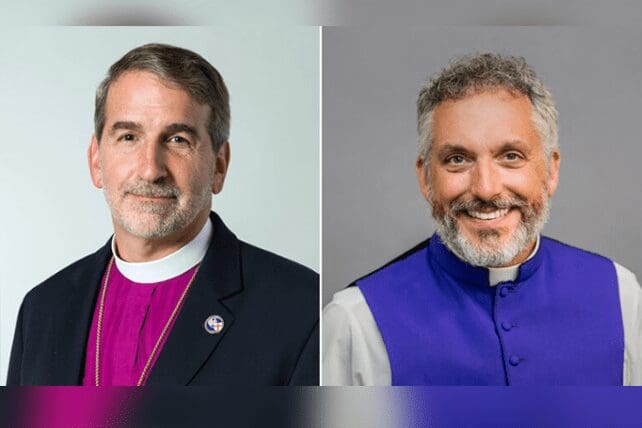(RNS) — Archbishop Foley Beach, the primate of the Anglican Church in North America, accused his denomination’s highest court of attempting to stop an investigation into an Illinois bishop’s alleged misconduct.
According to a statement Beach issued Wednesday (June 7), Bishop Stewart Ruch of the Upper Midwest Diocese made a “secret appeal” earlier this year to ACNA’s seven-member Provincial Tribunal to call off the investigation. After the tribunal issued a stay order, Beach and other denominational leaders questioned the impartiality of four tribunal members. He also asserted that the denomination’s bylaws don’t give the tribunal authority to issue a stay order.
This power struggle, which had been conducted behind closed doors for months, broke into the open Wednesday with Beach’s “Update on the Diocese of the Upper Midwest.”
“The Tribunal failed to give proper notice to me, the Presenting Bishops, or the Provincial Chancellors,” of Ruch’s request that the charges against him be dropped, Beach charged in his update. “We were not given a copy of what Bishop Ruch filed and we were not given opportunity to address the issue,” he wrote.
Beach’s update did not name the charges against Ruch, though a separate document he published Thursday suggests they were based in part on a September 2022 report by the investigative firm Husch Blackwell, which the Upper Midwest Diocese had hired to look into allegations swirling in at least two churches of sexual abuse. The investigators found that Ruch had been slow to act in response to abuse allegations.
Ruch has admitted making “regrettable errors” in how he handled allegations of sexual abuse by Mark Rivera, a lay minister in the diocese who has since been convicted of both felony sexual assault and felony child sexual assault. In July 2021, Ruch took a leave as bishop of the Upper Midwest Diocese, headquartered in Wheaton, Ill.

Mark Rivera was admitted to Stateville Correctional Center in Crest Hill, Ill., on March 24, 2023. Photos via Illinois Department of Corrections
But a month after the Husch Blackwell report was released, and as a separate investigation into allegations of spiritual abuse by Ruch and other diocesan leaders was ongoing, Beach announced that Ruch had decided to return from his voluntary leave.
By that time, a denominational team appointed to review the investigation recommended that a presentment, or list of charges, be considered against Ruch. After three bishops signed the presentment as required by church codes, they officially delivered it to Beach in December. Beach then began selecting a 10-person Board of Inquiry to investigate the charges and decide whether to put Ruch to trial, per the denomination’s bylaws.
But in February, he caught wind of Ruch’s plea to the court and received the subsequent stay order. In March, Beach filed formal objections to their actions and charged that they had overstepped their powers.
This week, the tribunal replied, claiming that the tribunal is “the highest adjudicatory body of the Province” and is “the final interpreter of the meaning of the Constitution and Canons.”
This prompted Beach to go public on Wednesday.
Given the dispute over procedure, it’s not clear what happens next. Beach and a denominational spokesperson did not respond to a request for comment.

